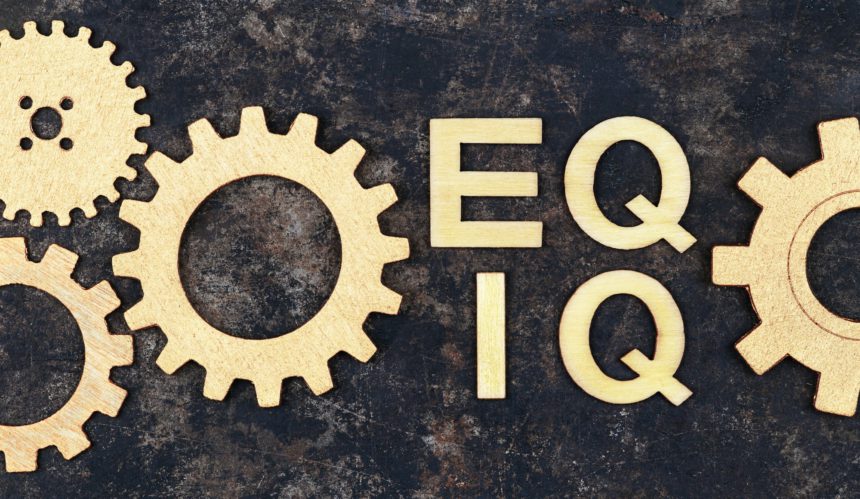Emotional intelligence is the ability to understand and manage one’s own emotions, as well as to effectively relate to others. It is an essential component for personal and professional success, because it allows us to better understand ourselves and interact empathically and constructively with those around us. How can we develop emotional intelligence and how can it help us reach the maximum potential? Here are a few practical strategies for cultivating this essential skills in our lives.
Practical strategies for cultivating emotional intelligence in your life
- Self-awareness: The first step in developing emotional intelligence is to be aware of your own emotions and understand them. Try to analyze and identify your emotions in different situations and express them in an appropriate way. You can keep a journal of emotions or you can use relaxation and mindfulness techniques to develop your ability to observe yourselfand control your emotions.
- Empathy: Emotional intelligence also implies the ability to empathize with others and understand them. Try to put yourself in place of the others and listen carefully to them. Be interested in their perspectives and feelings and show them compassion. The more you understand the emotions and needs of those around you, the more effectively you can interact and build healthier and more harmonious relationships.
How to improve your emotional intelligence and reach your maximum potential
- Developing communication skills: Effective communication is essential for developing emotional intelligence. Learn to express clearly and concisely what you feel and think, without being aggressive or defensive. Listen carefully and pay attention to both verbal and non-verbal language of others. Be open to feedback and learn to communicate constructively and empathically.
- Stress Management: Stressl can negatively affect emotional intelligence, as it can cause us to react impulsively or lose control of emotions. Learn techniques of relaxation and stress management, such as deep breathing, meditation or regular physical exercises. Be aware of the signs of stress and learn to regulate your reactions in tense situations.
- Development of interpersonal relationships: Healthy relationships with others are essential for personal and professional success. Invest time and effort in building and maintaining positive and constructive relationships. Be open to collaboration, listen and respect the opinions of others and learn to manage conflicts in a mature and balanced way.
- Self-motivation: Emotional intelligence also implies the ability to motivate us on our own and to set realistic goals. Identify your values, your passions and your interests and build an action plan to achieve your goals. Be Perseverant and Optimumst, and when you encounter obstacles, learn to mind your motivation and find creative solutions.
In conclusion, the development of emotional intelligence is a continuous process that can help us reach the maximum potential in our lives. By cultivating self-consciousness, empathy, effective communication, stress management, developing interpersonal and self-motivating relationships, we can become more emotionally balanced and build healthier and more harmonious relationships. Invest time and effort in developing emotional intelligence and you will notice how this essential aspect will help you to succeed both in personal life and in professional life.
